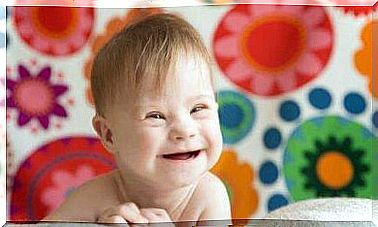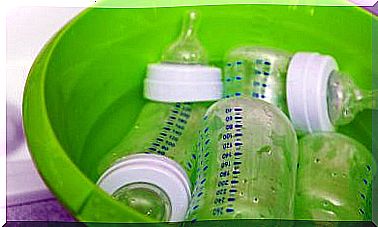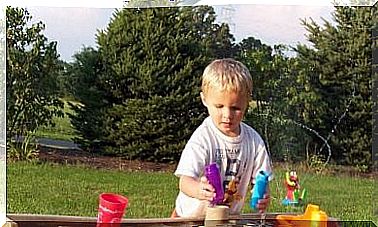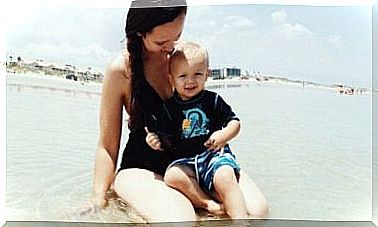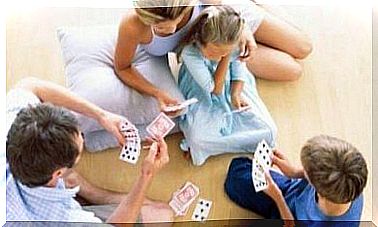Anger In Children: What Can Parents Do?
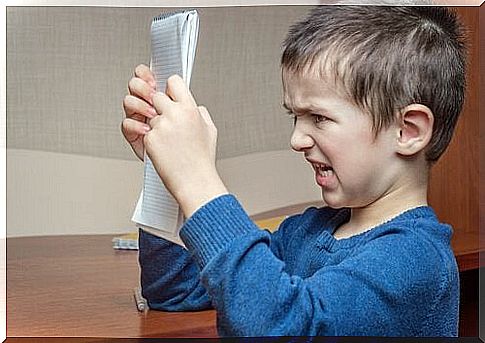
If not controlled, anger can become destructive in children. Therefore, you should teach your child how to deal with this emotion in a healthy way.
Anger is an emotion that commonly appears between the ages of 2 and 4 years.
Feelings of anger in children arise when the child is faced with a situation that they find unfair or uncomfortable.
When parents dig deeper into this topic, many find themselves in no man’s land. How can adults deal with anger in children?
What is anger in children and how does it show itself?
Anger in children is a difficult emotion for them. It is an uncomfortable feeling or discomfort about certain disturbing situations.
Children can express their anger through physical phenomena such as tensing their muscles. This also increases their blood pressure.
There are other visible signs of anger such as sweating, flushing, and headaches.
Behavior is also affected: it can become difficult for them to move for no apparent reason.
Anger in children can also manifest itself in the following ways : kicking, pushing, throwing toys, pulling hair, screaming, biting, and destroying.
Causes of anger in children
Anger in children is usually caused by internal or external influences:
- Stress.
- Physical or emotional problems.
- Frustration or fainting because they cannot help themselves.
- Bipolar disorder.
- Depression.
- Seeking attention.
- Difficulty communicating.
- Hypersensitivity to stimulation.
- Fatigue, insecurity and jealousy.
Anger in children is one way of expressing them.
While it isn’t the ideal path, they use their anger to show their parents that something is important to them.
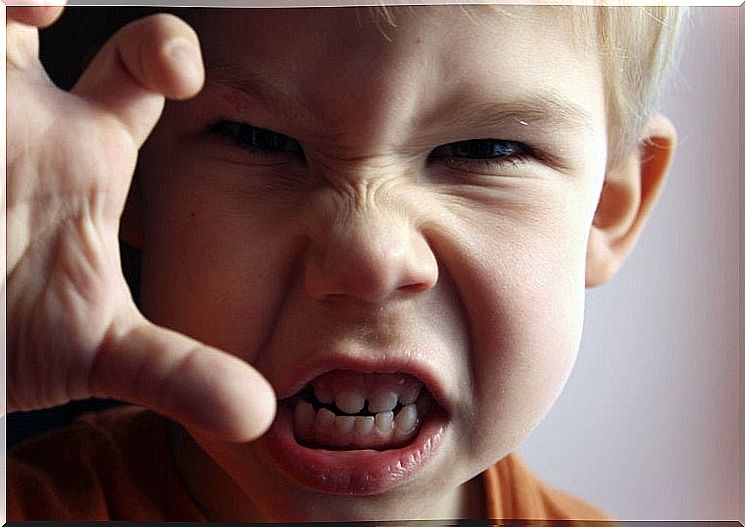
Why it is so important for children to be able to deal with their anger
Feeling angry in children can lead to undesirable and harmful behavior. If a child is constantly reacting aggressively, they can become violent.
This would then lead to social, family, emotional, and physical problems.
12 techniques for relieving anger in children
Although an occasional tantrum is normal, parents should try to relieve anger in children. These methods are suitable for relieving anger in children:
- Don’t lose control as a parent. If you respond by screaming, you will only make the situation worse and reassure the child that their behavior is normal.
- Help your child develop self-control skills. In this way, it is prepared for any unfavorable situation.
- Give your child time to calm down. Instead of going straight into combat, leave some space.
- Act with determination, patience, and love; then the child will take on his role in the family environment.
- Do not reprove your child if they are frustrated or upset.
- Let your child learn by example and not according to a theory. The principle “do what I say, not what I do.” it does not work.
- Let your child know that it is safe to be a little angry, but you shouldn’t get into it.
- Teach them to recognize their emotions and express them through language.
- Name the reasons you are denying them something, such as having too many goodies or watching too much TV.
- Encourage fun activities that the child can use to channel their emotions.
- Praise and support your child when they are doing well.
- Teach your child to recognize their mistakes, admit them, and apologize.

Benefits of controlling anger in children
First of all, it is important for parents to teach their children how to optimally express, channel and process their emotions. One of the advantages is better communication between parents and children.
The child also learns that there are better ways to express themselves. As children learn to control their anger, they also become more empathetic and can interact better with other people.
Ultimately, the child also realizes that they can learn something from their parents.
If you think your child is having trouble calming down, or if you notice that they are having outbursts of anger too often, you should see a specialist.
Experts can assess this better and recommend suitable methods and techniques to reduce anger in children.

